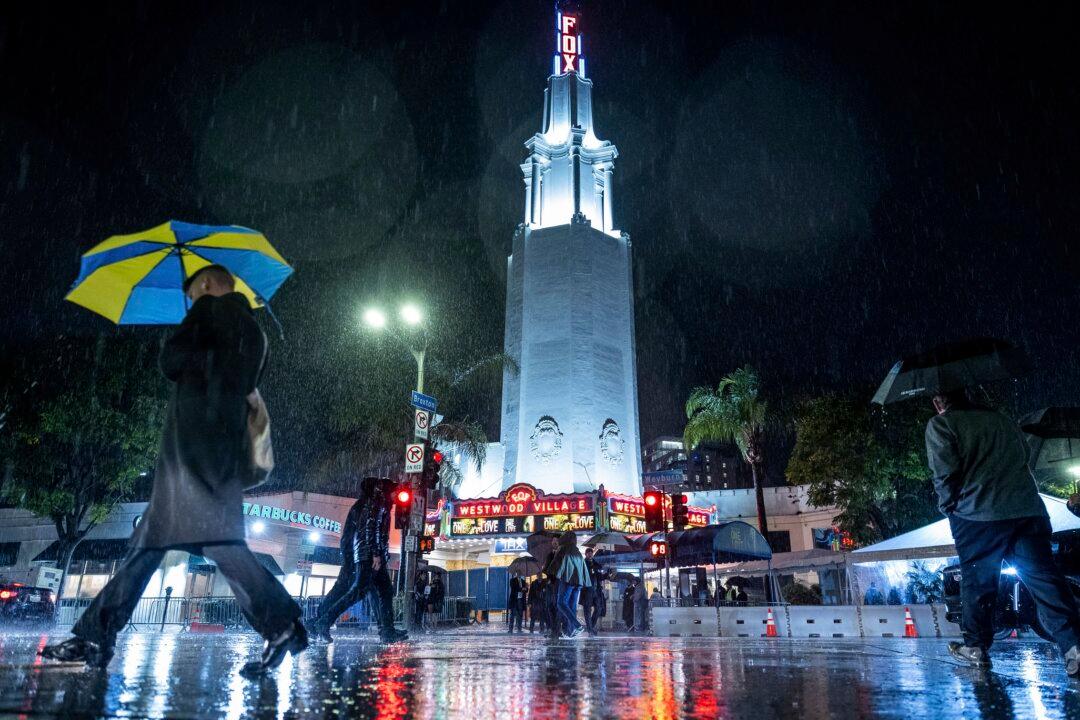More rain is headed to California, starting Feb. 14 in the San Francisco Bay Area, but forecasters say it might not be as bad as the last storm that caused flooding and killed at least 12 people.
One to 2 inches of rain could fall throughout Southern and Central California starting this weekend, and heavy snow could make driving impossible in the Lake Tahoe region, according to forecasts by the National Weather Service (NWS).





